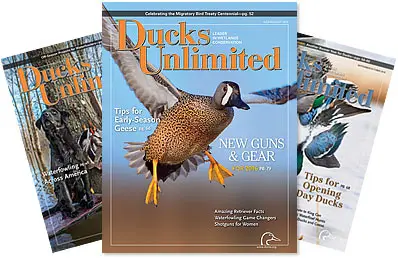Ducklings Can't Scale Stairs
By
Ducklings are often seen walking through our civilisation, eagerly following a leader who might not have sufficient understanding of their followers, but they might also be following their mother duck.
Ducks play a part in our ecosystem and maybe waterways would become overwhelmed with weeds and lose biodiversity if ducks didn’t carry animal eggs around on their feet, but either way, this isn’t a discussion of how ducks affect an ecosystem; and the point of this article isn’t to decide whether ducks are desirable − let’s skip past “should ducks be desired” and say that ducks are ostensibly desired in our society:
 The poster child for “wildlife” that’s worth saving!
The poster child for “wildlife” that’s worth saving! So popular they get an oversized version
So popular they get an oversized version Even people shooting them still like them!
Even people shooting them still like them!
Despite this popularity of ducks, they still suffer issues:
We’ve seen ramps steadily increasing in popularity over time, as though popularity could in fact be a function of an object’s silhoutte, but anyway, it has been widely attributed to a greater concern for humans in wheelchairs. As usual for inventions motivated by disability, it turns out there are spinoff benefits to others too, such as prams, scooters, or children wearing partially wheeled shoes.
Even though building codes now support the existence of ramps for humans on wheels, buildings are sometimes still built in a way where this conformity to standards is mere satisficing − wheeled humans are still treated as second-class citizens. In such scenarios, ducks will also likely be rendered second-class citizens, as they will be unable to understand signs telling them to go to the disabled door or the poor door. Ducks will see the direct, no-nonsense stairway to an appealing location and try to take this.
If humans are going to keep running society and are going to keep claiming that they love ducks, then outdoor paths need to be physically and cognitively accessible to ducks.
